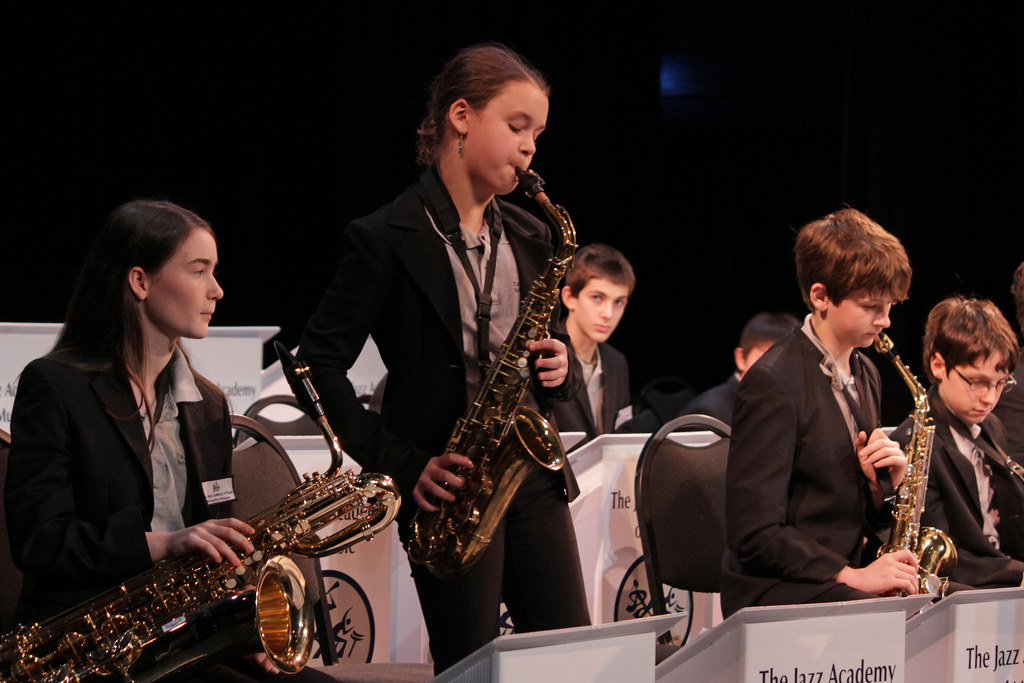The Power of Music: Exploring the Benefits and Drawbacks of Musical Expression
Unlocking the Melodies of Wellness and Potential Pitfalls of Musical Pursuits
Music is a universal language that has the power to evoke emotions, unite communities, and elevate the human experience. From the soothing melodies that calm the mind to the exhilarating rhythms that make us dance, music plays a significant role in our lives. However, like any art form or activity, music also has its advantages and disadvantages that are worth exploring.
In this article, we will delve into the diverse aspects of music, examining its profound benefits as well as the potential drawbacks. Whether you are a music enthusiast, a professional musician, or someone curious about the impact of music on well-being, this exploration will provide valuable insights into the multifaceted nature of musical expression.
Pros
The world of music offers a wealth of advantages that contribute to personal growth, social connections, and overall well-being. Let's explore some of the profound benefits associated with musical engagement.
Emotional Resonance
Music has the extraordinary ability to resonate with our emotions, serving as a powerful tool for self-expression, introspection, and catharsis. Whether through listening, playing, or composing, music can evoke a wide spectrum of feelings, providing an outlet for emotional release and self-understanding.
Cognitive Enhancement
Engaging with music has been linked to cognitive benefits, such as improved memory, attention, and linguistic abilities. Playing a musical instrument, in particular, has shown to enhance executive function and spatial-temporal skills, promoting brain plasticity and cognitive resilience.
Social Connection and Community
Music has the remarkable power to connect people across cultures, generations, and backgrounds. Whether through collaborative performances, communal singing, or shared appreciation of music, the art form fosters a sense of belonging and promotes social cohesion, strengthening interpersonal relationships and community bonds.
Stress Reduction and Relaxation
Listening to soothing music or engaging in musical activities can effectively reduce stress and anxiety, promoting relaxation and emotional well-being. Music therapy is recognized for its calming effects and has been utilized in healthcare settings to alleviate pain, improve mood, and enhance the overall quality of life.
Inspiration and Creativity
Music serves as a wellspring of inspiration, igniting creativity, imagination, and innovation. Whether it's sparking new ideas, enhancing artistic expression, or fueling creative projects, music has the potential to stimulate the mind and nurture a spirit of creativity across various domains.
Improved Physical Coordination and Motor Skills
Playing and listening to music can improve physical coordination and motor skills. Activities like playing an instrument or dancing requires hand-eye coordination, fine motor skills, and precise movements, which can be beneficial for individuals of all ages.
Enhanced Memory and Learning
Music has the ability to enhance memory and learning. Research has shown that listening to music can stimulate the brain's regions involved in memory, and musical training has been associated with improvements in various cognitive skills, such as verbal memory and spatial reasoning.
Missing a pro?
Let us know which pro you are missing!
Cons
While music offers a plethora of benefits, it also carries certain challenges and pitfalls that warrant consideration. Let's explore some of the potential drawbacks associated with musical pursuits.
Physical Strain and Injury
Intensive musical practice, especially on certain instruments, can lead to physical strain, overuse injuries, and musculoskeletal issues. Musicians, particularly those engaged in repetitive motions or prolonged playing sessions, are at risk of developing conditions such as tendonitis, carpal tunnel syndrome, and focal dystonia.
Financial Pressures
Pursuing a career in music or investing in musical education and equipment can entail significant financial commitments. Aspiring musicians may encounter challenges related to income instability, limited earning potential, and the financial burden of acquiring instruments, attending music schools, or funding recording projects.
Performance Anxiety and Stress
The pressure of performing live or the pursuit of perfection in musical endeavors can lead to heightened stress, performance anxiety, and psychological strain. Musicians, whether professionals or amateurs, may experience the burden of stage fright, self-doubt, and the constant pursuit of impeccability in their performances.
Competitive Industry and Rejection
The music industry is highly competitive, and aspiring musicians may encounter challenges related to rejection, fierce competition for opportunities, and the need for relentless self-promotion. Navigating the complexities of the music market, securing gigs, and gaining recognition can be daunting and emotionally taxing.
Risk of Repetitive Strain Injuries
Musicians, particularly instrumentalists, may be at risk of repetitive strain injuries (RSIs) due to the repetitive movements and prolonged practice sessions. RSIs can lead to discomfort, pain, and impaired performance, requiring medical attention and impacting the individual's ability to play or perform.
Social Pressures and Performance Expectations
Engaging in music, especially in a public or competitive setting, can subject individuals to social pressures and performance expectations. This can lead to feelings of stress, self-doubt, and anxiety about meeting the standards of peers, instructors, or audiences.
Noise-Induced Hearing Loss
Exposure to loud music, especially in settings with elevated volumes and prolonged durations, can pose risks to auditory health. Musicians and music enthusiasts are susceptible to noise-induced hearing loss, tinnitus, and other hearing-related issues, necessitating the adoption of protective measures and responsible listening practices.
Missing a con?
Let us know which con you are missing!
Conclusion
Music, with its profound capacity to uplift, inspire, and connect, offers a myriad of benefits that enrich our lives on various levels. From the emotional resonance of melodies to the cognitive stimulation of musical pursuits, the advantages of engaging with music are abundant. However, it's crucial to acknowledge and address the potential pitfalls, such as physical strain, financial pressures, and performance anxieties, that can accompany musical endeavors. By understanding and balancing the advantages and disadvantages of musical engagement, individuals can navigate the world of music with mindfulness and maximize the positive impact of this harmonious art form.
What do you think?
Do you think the pros outweigh the cons?






